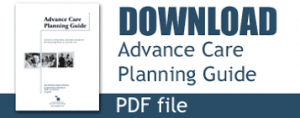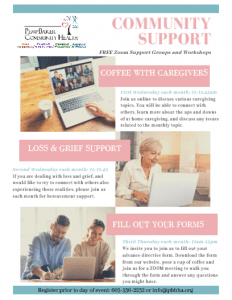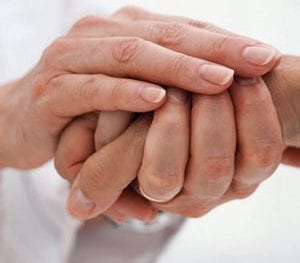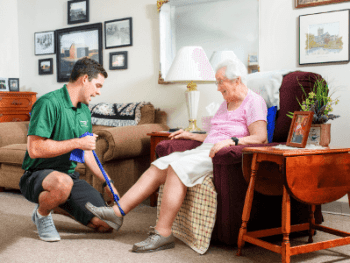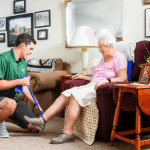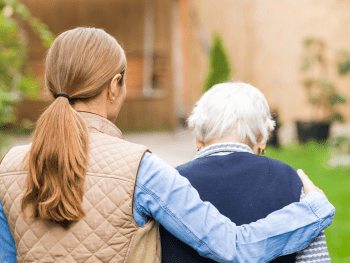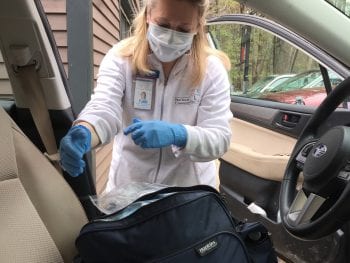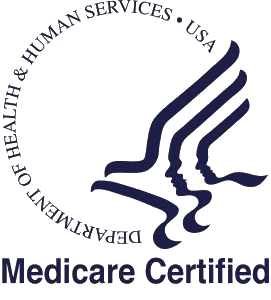Pemi-Baker Hospice & Home Health Announces Advance Care Planning Workshops and Special Wellness Presentation in Honor of National Healthcare Decisions Day.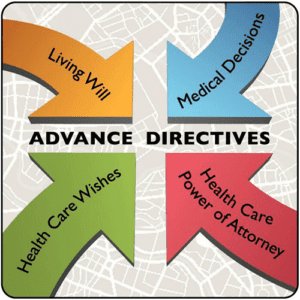
As National Healthcare Decisions Day (NHDD) approaches on April 16th, Pemi-Baker Hospice & Home Health reaffirms its commitment to empowering individuals and families in making informed healthcare choices. NHDD serves as a crucial reminder of the significance of advance care planning, encouraging open discussions about healthcare preferences and ensuring those wishes are respected.
In alignment with the mission of NHDD, Pemi-Baker Hospice & Home Health is pleased to announce a series of free workshops throughout the month of April. These workshops will be held during the Ask A Pemi-Baker Nurse days at participating Grafton County Senior Centers, providing an accessible platform for individuals to learn and engage in advance care planning discussions.
The schedule for the workshops is as follows:
- Thursday, April 3rd, 11:15am-12:30pm: Orford Area Senior Services
- Wednesday, April 9th, 10:30-11:30am: Horse Meadow Senior Center
- Monday, April 14th, 11:30am-12:30pm: Plymouth Regional Senior Center
- Thursday, April 17th, 12:30pm-1:30pm: Lin-Wood Area Senior Services
During these workshops, attendees will have the opportunity to ask questions through the process of filling out their Advance Directive and POLST forms. These sessions are offered free of charge, with all necessary forms provided.
“National Healthcare Decisions Day is a vital initiative, and we are proud to support it by offering these educational workshops,” said Aubrey Engle, RN, Executive Director at Pemi-Baker Hospice & Home Health. “By providing resources and guidance, we aim to empower individuals in making informed decisions about their healthcare preferences.” 
Additionally, the Linwood Area Senior Services Center will host a special workshop, “Wellness, Health & Happiness as We Age,” on Monday, April 14th, from 12:30-1:30pm. This presentation, led by Dr. Kristi Saunders, Hospice Medical Director, will highlight the importance of holistic health as we age, focusing on the integration of physical, mental, and spiritual well-being. Dr. Saunders will discuss how true wellness and happiness contribute to overall health and longevity.
For more information about the workshops or to inquire about advance care planning, please contact Pemi-Baker Hospice & Home Health at 603-536-2232 or visit our website at www.pbhha.org.


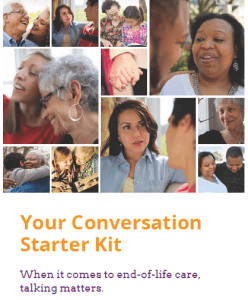
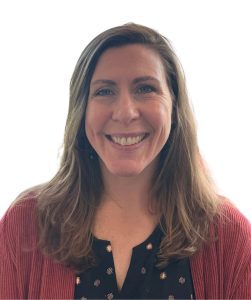


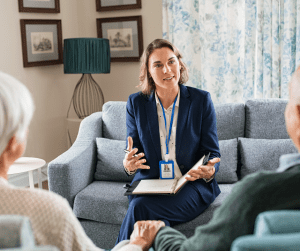

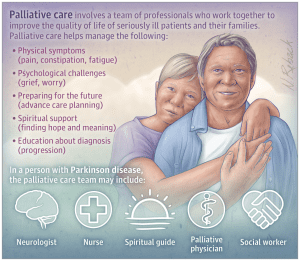
 Your palliative care team can help you with all this and more. The team will be your sounding board and your first line of defense against any symptoms of pain, discomfort, depression or anxiety.
Your palliative care team can help you with all this and more. The team will be your sounding board and your first line of defense against any symptoms of pain, discomfort, depression or anxiety.
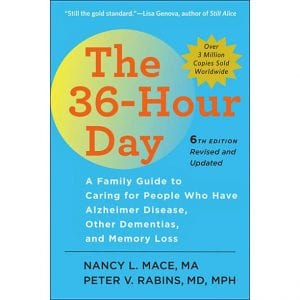 The book is THE 36-HOUR DAY: A Family Guide to Caring for People Who Have Alzheimer Disease, Other Dementias, and Memory Loss. The title itself, as does the book, pulls no punches. Providing ongoing care for a person with dementia is time-consuming, emotionally demanding, stressful, and exhausting, so that one’s days feel like they are longer than they are and packed with too much to do and remember.
The book is THE 36-HOUR DAY: A Family Guide to Caring for People Who Have Alzheimer Disease, Other Dementias, and Memory Loss. The title itself, as does the book, pulls no punches. Providing ongoing care for a person with dementia is time-consuming, emotionally demanding, stressful, and exhausting, so that one’s days feel like they are longer than they are and packed with too much to do and remember.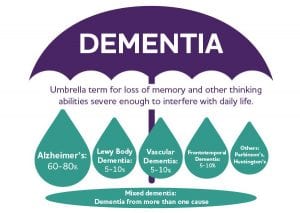 In this introductory section, there is a brief presentation raising the question “What Is Dementia?” The book is careful to explore all sides of the challenges of caring for someone with dementia. The authors really walk alongside the readers/caregivers in taking the first steps toward assuming the responsibility of caregiving. Having read the book, I am hard-pressed to discover any stone that has been left unturned. Let me be quick to say that not all dementia patients end up in nursing homes. Caregiving story endings vary from case to case, very much the result of the many factors both patients and caregivers bring to their own unique circumstances.
In this introductory section, there is a brief presentation raising the question “What Is Dementia?” The book is careful to explore all sides of the challenges of caring for someone with dementia. The authors really walk alongside the readers/caregivers in taking the first steps toward assuming the responsibility of caregiving. Having read the book, I am hard-pressed to discover any stone that has been left unturned. Let me be quick to say that not all dementia patients end up in nursing homes. Caregiving story endings vary from case to case, very much the result of the many factors both patients and caregivers bring to their own unique circumstances.